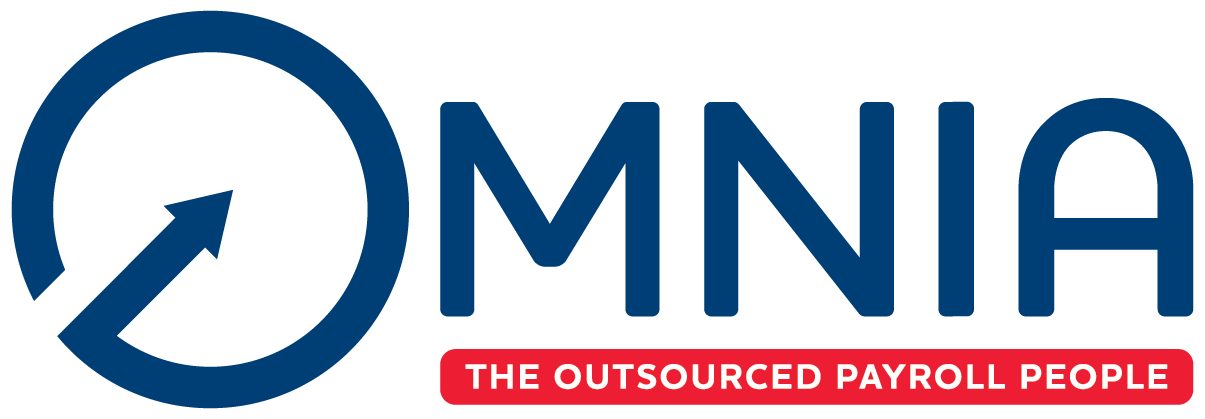AUTUMN STATEMENT 2023 – AT A GLANCE
The Autumn Statement affects the take-home pay and household budgets of millions of people, as well as setting out how much will be spent on key public services.
INFLATION
Like other forecasters, the OBR is admitting that inflation falling to the 2% target will take longer (until 2025) than previously thought.
It’s why the banks are warning that interest rates won’t fall soon.
Growth is better than expected this year according to the OBR.
But as inflation has been more stubborn than expected, and interest rates have had to rise further – that is taking its toll.
So, the OBR has downgraded its forecasts for growth for the next couple of years – although they are more optimistic than the Bank of England, which sees us basically stalling for a while.
CHANCELLOR CONFIRMS MINIMUM WAGE RISE
Hunt confirmed the increase in the national living wage.
He says the minimum wage – known officially as the National Living Wage – will rise from £10.42 to £11.44 per hour in April next year.
This is a rise of 9.8% and worth up to £1,800 for a full-time worker, Hunt says this decision is “the largest ever cash increase” in the National Living Wage.
The higher wage will also be paid to 21 and 22-year-olds for the first time. Now, only workers over 23 years-old receive £10.42 an hour.
NATIONAL INSURANCE RATE CUT FROM 12% TO 10%
Hunt says the main employee National Insurance rate will be cut by 2 percentage points from 12% to 10%. from 6 January.
Hunt says: “I would normally bring in a measure like this for the start of the new tax year in April, but instead tomorrow I’m introducing urgent legislation to bring it in from 6 January, so that people can see the benefit in their payslips at the start of the new year.”
CLASS 2 NATIONAL INSURANCE TO BE ABOLISHED
“We are abolishing Class 2 National Insurance altogether, saving the average self-employed person £192 a year,” Hunt says.
Meanwhile, self-employed people who pay “Class 4” National Insurance at 9% on all earnings between £12,570 and £50,270 will see that cut by 1 percentage point to 8% from April.
“Taken together with the abolition of the compulsory Class 2 charge, these reforms will save around two million self-employed people an average of £350 a year from April,” says Hunt.
BOOZE & FAGS
Hunt increases duty on hand-rolling tobacco by an additional 10% above the tobacco duty escalator.
Meanwhile he freezes all alcohol duty until 1 August next year. “That means no increase in duty on beer, cider, wine or spirits,” he says.
PENSION POT REFORMS
Hunt announced he will consult on giving people one pension pot for life.
He says he will consult on giving pension savers a “legal right to require a new employer to pay pension contributions into their existing pension”.
He says these reforms could help unlock an “extra £1,000 a year in retirement for an average earner saving from 18”.
INVESTMENT
Hunt talked about investment, money for “strategic manufacturing”.
He says this will be an additional £4.5bn of support between 2025 and 2030.
This includes £975m for aerospace firms, £520m for life sciences like medical research companies, and 960m for the new green industry firms, he says.
“Taken together across our fastest-growing innovation sectors, this support for manufacturing alone will attract an estimated £2bn of additional investment a year over the next decade,” he says.
MONEY OFF ELECTRICITY
The chancellor confirms a plan to reform the time it takes for clean energy businesses to access the electricity grid.
“These measures will cut grid access delays by 90% and offer up to £10,000 off electricity bills over 10 years for those living closest to new transmission infrastructure,” he says.


